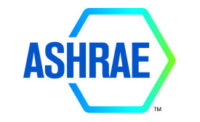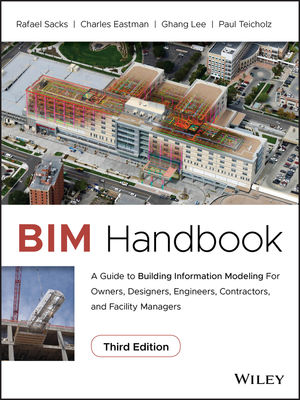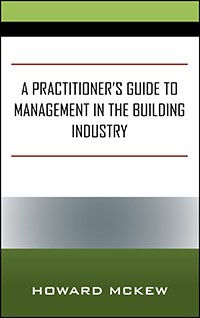A new course, “Variable Refrigerant Flow System Design & Application,” is one of 11 offerings in ASHRAE’s Spring Online Course series.
VRF systems are now being applied in a range of building types across North America. According to ASHRAE, benefits of VRF include zoning applications, variable capacity, distributed control, low operating sound, simultaneous heating and cooling, effective energy usage, quick installation, low ambient operation, and low maintenance costs.
The course, which takes place May 16, provides non-manufacturer specific concepts of how to apply VRF systems to buildings. It will supplement the fundamental technology introduction presented in the 2012 ASHRAE Handbook, HVAC Systems and Equipment, offering the consulting engineers who already have a basic knowledge of VRF technology.
Eleven online professional development seminars focused on commissioning, environmental quality, energy efficiency, HVAC applications, and standards and guidelines are also being offered this by the ASHRAE Learning Institute (ALI).
Participants can access these instructor-led courses from anywhere with an internet connection, and earn continuing education units/professional development hours for each course completed.
For pricing or to register, visit www.ashrae.org/onlinecourses. Upcoming courses include:
• Commissioning Process & Standard 202, March 30
• Energy Efficiency Combined Heat & Power: Creating Efficiency through Design & Operations, March 28
• IT Equipment Design Evolution & Data Center Operation Optimization, April 6
• Air-to-Air Energy Recovery Applications: Best Practices, April 27
• Laboratory Design: The Basics and Beyond, April 18
• Operation & Maintenance of High-Performance Buildings, May 17 and 18
• Variable Refrigerant Flow System Design & Applications, May 16
• ASHRAE Standard 188-2015 – Successfully Managing the Risk of Legionellosis, April 25
• Complying with Standard 90.1-2013: HVAC/Mechanical, April 13
• Exceeding Standard 90.1-2013 to Meet LEED®, April 11 and 20
• Fundamental Requirements of Standard 62.1-2013, May 2







